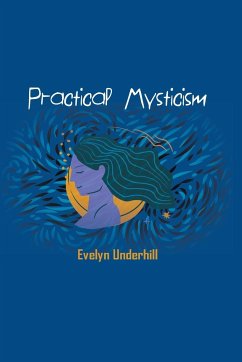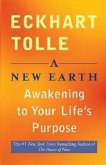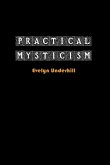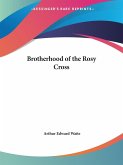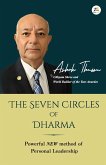Originally Published 1915. We are often told, that in the critical periods of history it is the national soul which counts: that "where there is no vision, the people perish." No nation is truly defeated which retains its spiritual self-possession. No nation is truly victorious which does not emerge with soul unstained. If this be so, it becomes a part of true patriotism to keep the spiritual life, both of the individual citizen and of the social group, active and vigorous; its vision of realities unsullied by the entangled interests and passions of the time. This is a task in which all may do their part. The spiritual life is not a special career, involving abstraction from the world of things. It is a part of every man's life; and until he has realised it he is not a complete human being, has not entered into possession of all his powers. It is therefore the function of a practical mysticism to increase, not diminish, the total efficiency, the wisdom and steadfastness, of those who try to practise it. It will help them to enter, more completely than ever before, into the life of the group to which they belong. It will teach them to see the world in a truer proportion, discerning eternal beauty beyond and beneath apparent ruthlessness. It will educate them in a charity free from all taint of sentimentalism; it will confer on them an unconquerable hope; and assure them that still, even in the hour of greatest desolation, "There lives the dearest freshness deep down things." As a contribution, then, to these purposes, this little book is now published. It is addressed neither to the learned nor to the devout, who are already in possession of a wide literature dealing from many points of view with the experiences and philosophy of the mystics. Such readers are warned that they will find here nothing but the re-statement of elementary and familiar propositions, and invitations to a discipline immemorially old. Far from presuming to instruct those to whom first-hand information is both accessible and palatable, I write only for the larger class which, repelled by the formidable appearance of more elaborate works on the subject, would yet like to know what is meant by mysticism, and what it has to offer to the average man: how it helps to solve his problems, how it harmonises with the duties and ideals of his active life. For this reason, I presuppose in my readers no knowledge whatever of the subject, either upon the philosophic, religious, or historical side. Nor, since I wish my appeal to be general, do I urge the special claim of any one theological system, any one metaphysical school. I have merely attempted to put the view of the universe and man's place in it which is common to all mystics in plain and untechnical language: and to suggest the practical conditions under which ordinary persons may participate in their experience. Therefore the abnormal states of consciousness which sometimes appear in connection with mystical genius are not discussed: my business being confined to the description of a faculty which all men possess in a greater or less degree. The reality and importance of this faculty are considered in the first three chapters. In the fourth and fifth is described the preliminary training of attention necessary for its use; in the sixth, the general self-discipline and attitude toward life which it involves. The seventh, eighth, and ninth chapters treat in an elementary way of the three great forms of contemplation; and in the tenth, the practical value of the life in which they have been actualised is examined. Those kind enough to attempt the perusal of the book are begged to read the first sections with some attention before passing to the latter part.
Hinweis: Dieser Artikel kann nur an eine deutsche Lieferadresse ausgeliefert werden.
Hinweis: Dieser Artikel kann nur an eine deutsche Lieferadresse ausgeliefert werden.

